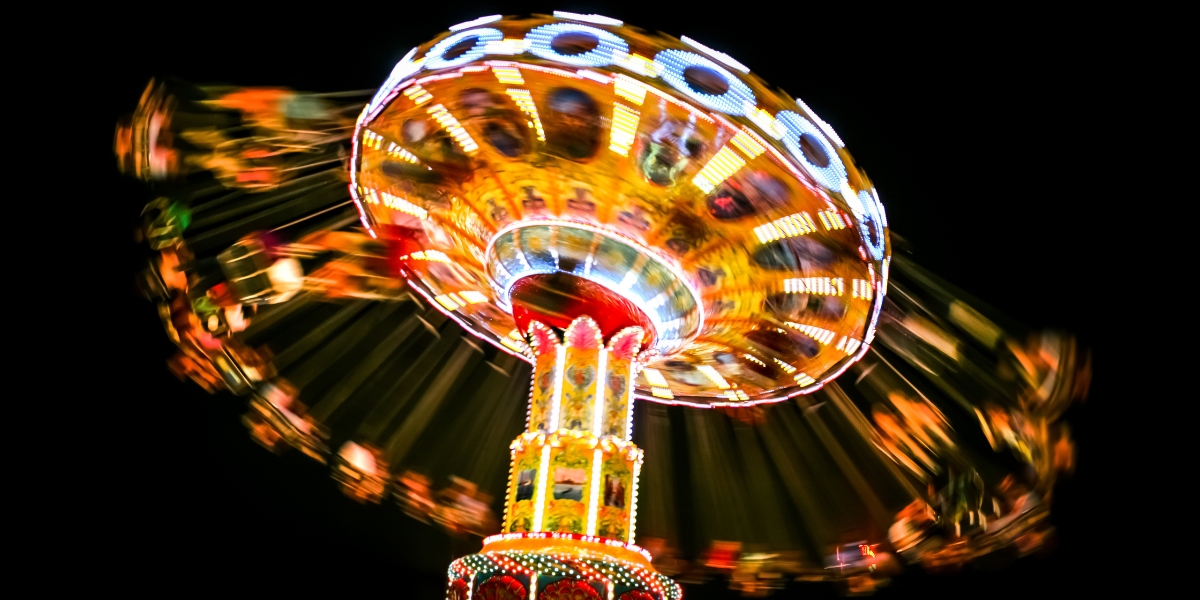
Mastering the exposure triangle is fundamental for achieving desired exposure in photographs. By understanding the interplay between aperture, shutter speed, and ISO, photographers are empowered to control light and achieve creative results. At The Photography Institute, our comprehensive online courses are designed to help you master these essential skills and elevate your photography.
The exposure triangle consists of three key elements: Aperture, Shutter Speed, and ISO. Each element affects the amount of light captured by the camera sensor, and balancing them is crucial for proper exposure.
Aperture is the opening of the lens that controls the amount of light entering the camera sensor. Think of it like the iris of the human eye, which adjusts to let in more or less light depending on the lighting environment. A wider aperture (lower f-number e.g f/2.8) allows more light in, while a narrower aperture (higher f-number e.g. f/16) allows less light in.
Shutter speed is the duration the camera sensor is exposed to light. Imagine it as a window curtain that opens and closes. A longer/slower shutter speed lets in more light, while a shorter shutter speed lets in less light.
ISO measures the camera sensor's sensitivity to light. A higher ISO makes the sensor more sensitive, allowing it to capture more light, but it also introduces digital noise. Lower ISO settings produce cleaner images but require more light.
Exposure Value (EV) is a way to measure the total amount of light captured in a photograph. Adjusting aperture, shutter speed, and ISO can change the EV, allowing photographers to maintain the same exposure while achieving different creative effects.
Applying the exposure triangle in various lighting scenarios is essential for optimal exposure.
Use a narrower aperture, faster shutter speed, and lower ISO to avoid overexposure. This combination reduces the amount of light hitting the sensor, producing clear, well-exposed images.

Use a wider aperture, slower shutter speed (consider using a tripod for stability), and potentially a higher ISO while managing noise reduction techniques. This setup maximises light capture, essential for low-light environments.
Pictured: Light trails from bioluminescent sea fireflies floating in the ocean.

Use a faster shutter speed to freeze motion, potentially with a wider aperture to allow enough light, and adjust ISO based on lighting conditions. This setup is crucial for capturing fast-moving subjects with clarity.

Manipulating the exposure triangle can also be used for creative expression.
Create intentional motion blur for a sense of movement, such as capturing waterfalls or light trails. This technique can add a dynamic element to your photos.

Move the camera horizontally while shooting to achieve a dynamic effect. This technique can create a sense of speed and motion, ideal for capturing moving subjects.

Mastering the exposure triangle is essential for achieving consistent and visually pleasing photographs. Understanding light manipulation empowers photographers to capture their creative vision in any lighting situation, providing the freedom to experiment and innovate.
At The Photography Institute, our online courses provide in-depth training on the exposure triangle, camera settings, and light metering techniques. Our comprehensive curriculum is designed to help you master exposure for various shooting scenarios and explore creative applications of light. With the flexibility of online learning, you can study at your own pace and fit your education around your schedule. You will also benefit from the expertise of seasoned professionals and engage with an online community of passionate photography enthusiasts.

Understanding and mastering the exposure triangle is essential for creating well-exposed and visually captivating photographs. By applying these techniques, photographers can produce images that truly engage viewers. The Photography Institute's online courses equip students
equip students with the comprehensive knowledge and practical skills needed to confidently apply advanced photography techniques. From mastering the exposure triangle to exploring creative lighting and composition strategies, our curriculum is designed to elevate your photography to professional standards. Are you ready to take your photography skills to the next level? Enrol in our online photography course and start your journey towards becoming a skilled and confident photographer today!